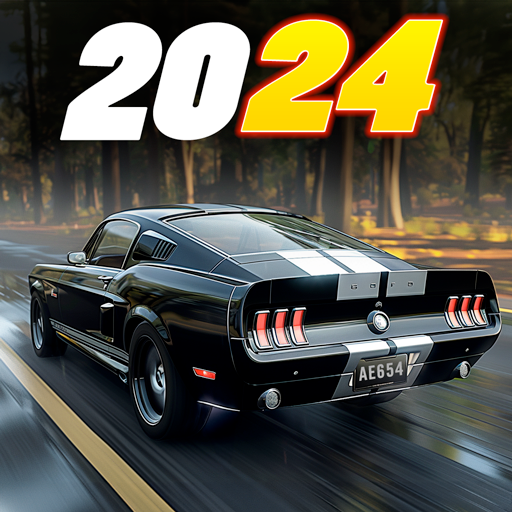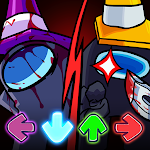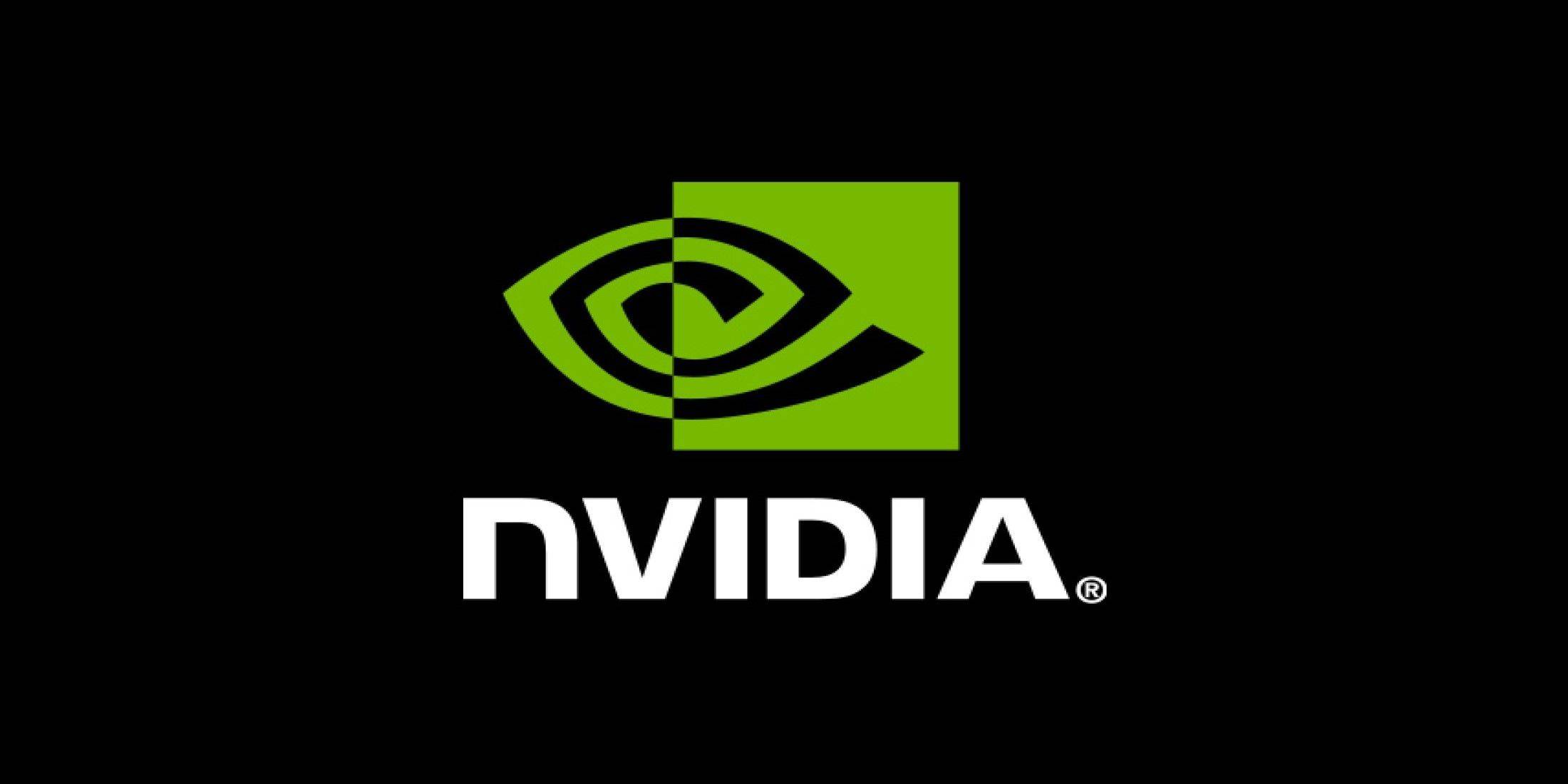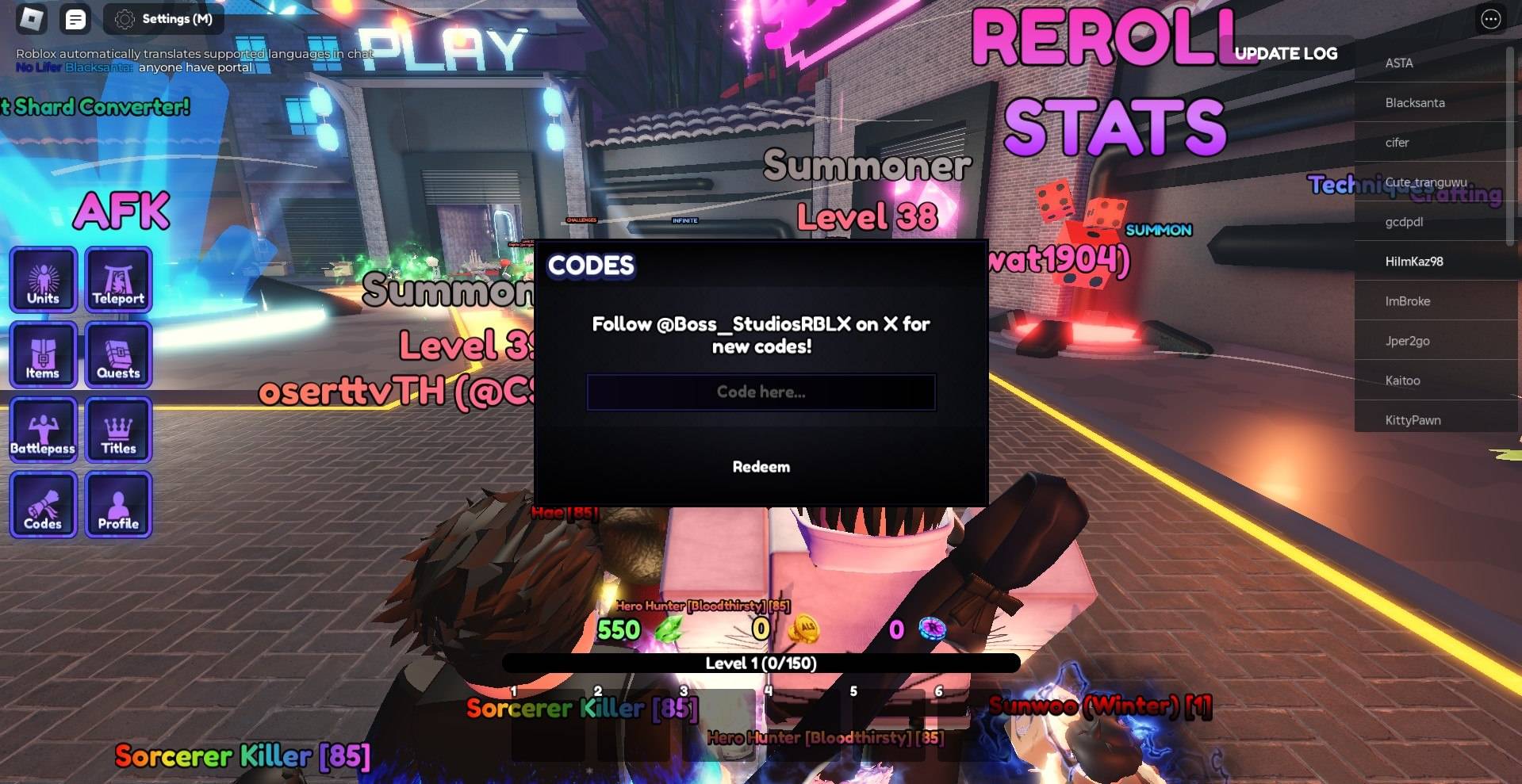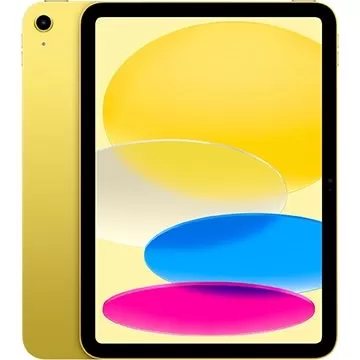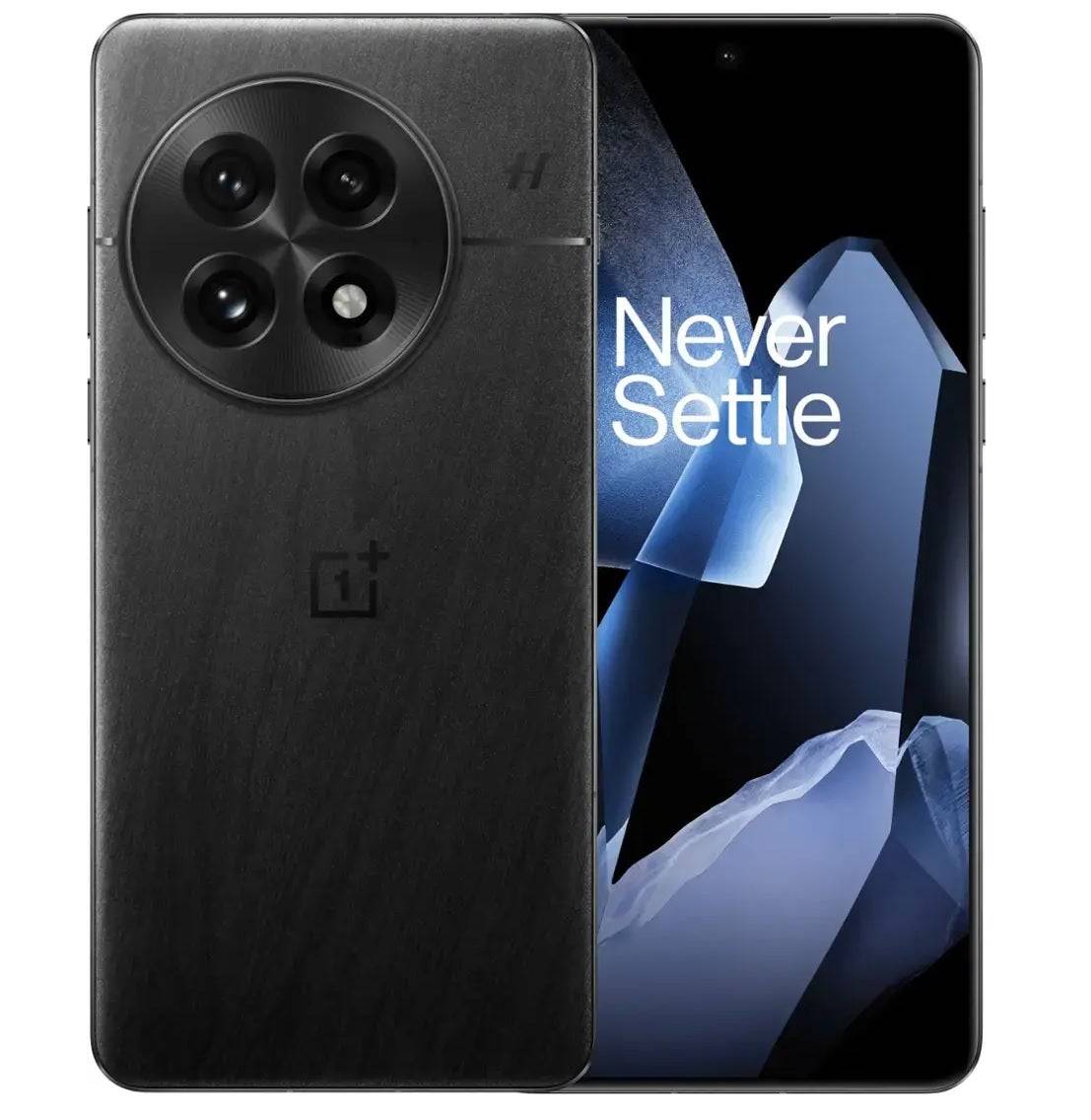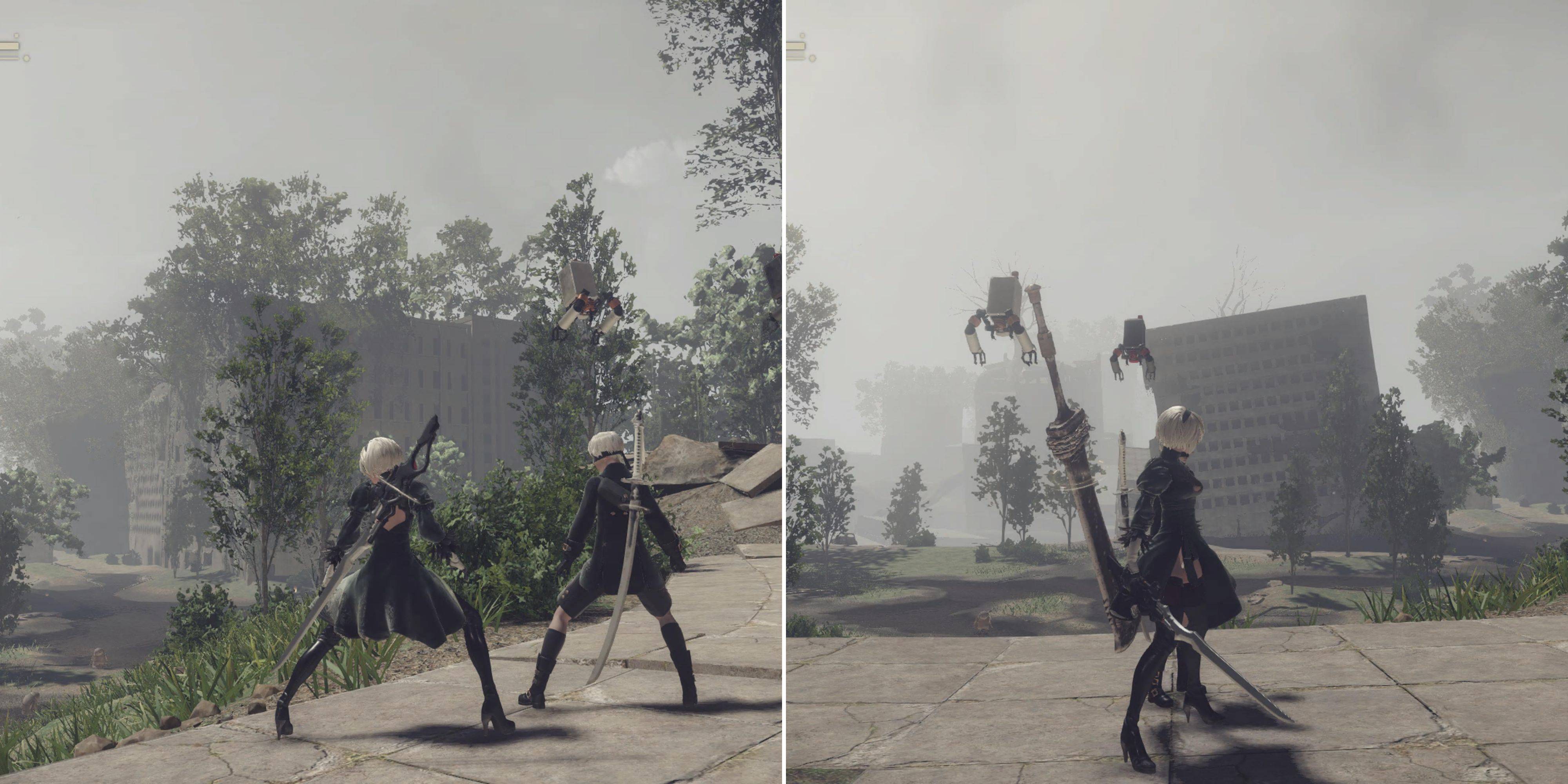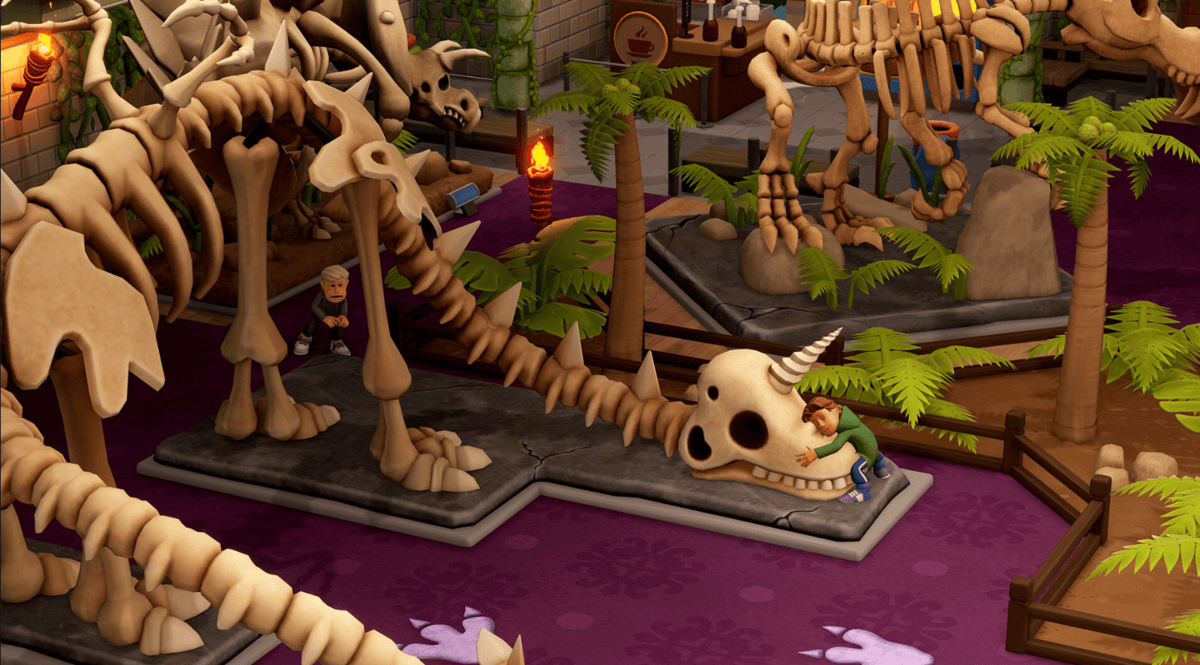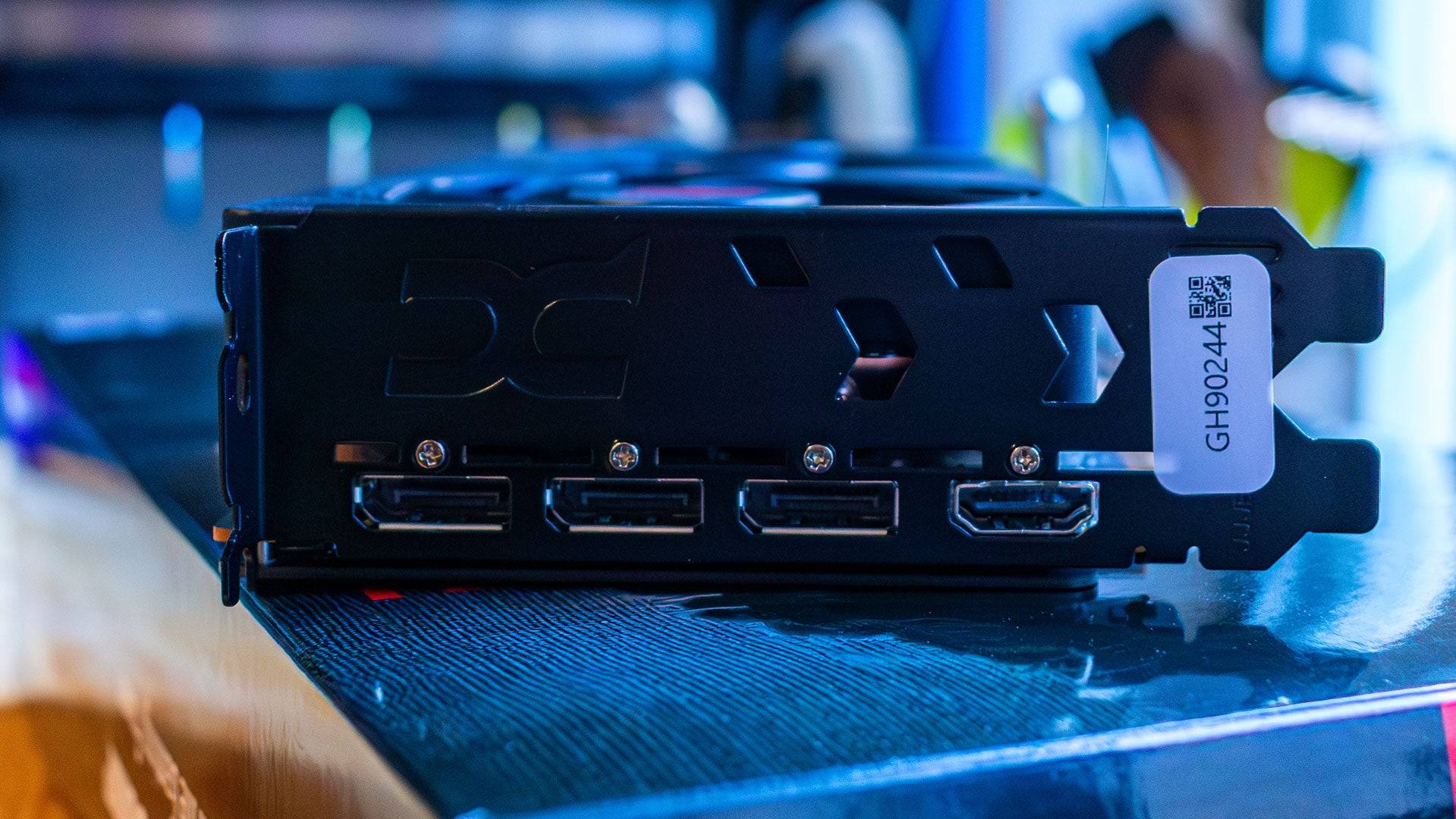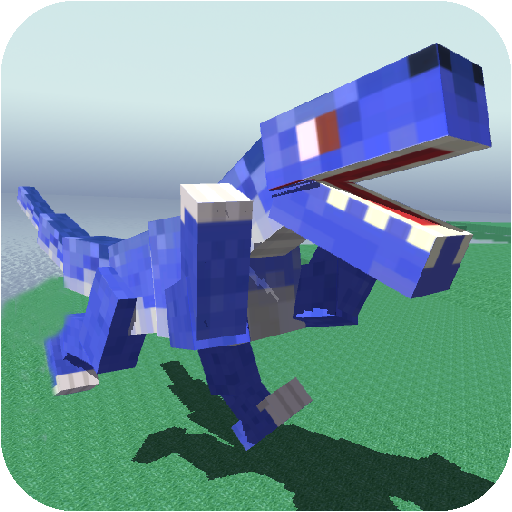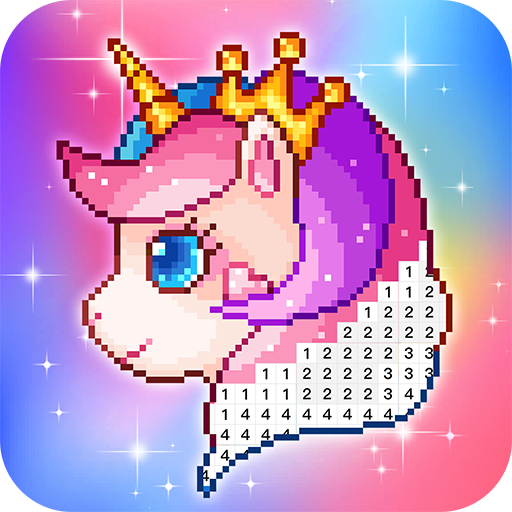Nintendo Ends Switch Game Vouchers, Cutting Discount Option
Nintendo has announced plans to phase out its Switch Game Vouchers program, ending a discount scheme that currently benefits Nintendo Switch Online subscribers purchasing Switch 1 titles.
The company detailed the decision in an extensive FAQ published today, confirming the vouchers will be discontinued effective January 30, 2026 – giving subscribers six months to make final purchases under the program.
While Nintendo hasn't specified reasons for terminating the initiative, the move aligns with their policy of excluding Switch 2 software from voucher eligibility and follows the release of Mario Kart World, Nintendo's first $80 premium title.
The Original Discount Program
Launched in 2019, the Switch Game Voucher system lets subscribers purchase two Nintendo Switch games together at a fixed price (£84 in the UK, averaging £42 per game) within a 12-month window.
This translates to approximately £8 savings per game compared to standard £50 releases – with even better value for premium titles like Super Smash Bros. Ultimate and both Zelda: Breath of the Wild and Tears of the Kingdom, typically priced at £60.
Smart Workaround For Switch 2 Upgrades
Although unavailable for Switch 2 games, players discovered they could still apply vouchers to purchase Switch 1 versions of cross-generational titles featuring paid Switch 2 upgrades – effectively creating a discounted upgrade path.
For instance, gamers can currently use a voucher pair (£84 value) to redeem Metroid Prime: Beyond or the upcoming Pokémon Legends: Z-A (priced at £50 Switch 1 / £60 Switch 2), saving £8 on the base version before paying just £10 for the Switch 2 upgrade.
Final Months For Savings
All purchased vouchers must be redeemed within their standard 12-month validity period. Nintendo confirmed they'll continue adding eligible Switch 1 titles to the voucher catalog throughout 2026.
The discontinuation follows recent comments from Nintendo President Shuntaro Furukawa about exploring shorter game development cycles to control production costs and maintain reasonable pricing.
Latest Articles


![1xBet [Updated]](https://imgs.yx260.com/uploads/76/1719623227667f5e3be7616.jpg)


